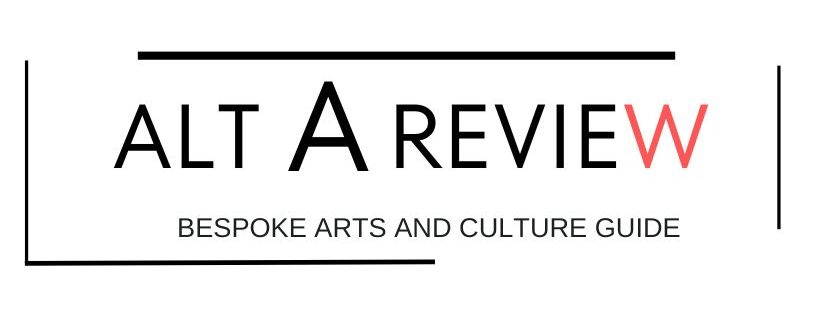We cannot get enough of the talent on the Shakespeare’s Globe all female all women of colour production of Richard II. Behind the scenes the female presence continues, and voice coach and actor Hazel Holder is at hand to fine tune the actor’s voices. We recently saw her at work on The Convert at the Young Vic where the cast seamlessly mastered Shona dialect. Alt A caught up with Holder who had more than twenty years of working as an actor and singer before becoming a voice coach, working with accent, dialect and voice coaching in production.
She also has a wealth of private clients who require her expertise helping them with a range of voice requirements from accent smoothing to presentation skills and effective communication. Her recent credits as Voice & Dialect Coach include and are not limited to: The Convert, Young Vic, Nine Night, Trafalgar Studios Theatre, Caroline, or Change. Playhouse Theatre, The Madness of George III. Nottingham Playhouse, ear for eye Royal Court, Victoria (series 3). Dialect Coach. Mammoth Screen, Poldark (series 5), Dialect Coach, Mammoth Screen.
- How did you get involved with Richard II?
I worked with Adjoa a couple of times on (Soul, Leave Taking) and she asked me to join the company. Of course, I jumped at the offer.
- Why is this an important time for women and women of colour?
Women’s voices are growing in strength and we are listening to each other and being listened to. Thankfully the gender gap is closing, in all areas of life. Women of colour are being more authentically themselves and living lives that reflect who they are and want to be.
- Tell us how you started out which came first the acting or the vocal coach?
I worked as an actor and singer (still so) and was working at the National Theatre in Wole Soyinka’s Death and The Kings Horseman when the idea of coaching was introduced to me by Jeannette Nelson the current Head of Voice at NT.
- What do you like about your job?
Meeting and helping a diverse range of people achieve their vocal goals. I’ve worked with people who just want to feel confident speaking with their friends, women who have been trafficked in the UK, to actors, presenters and politicians.
- What is it like being part of the Richard II production?
Beautiful. Motivating being among such incredibly talented and heartful women of colour. Incredibly freeing to be in a space and be just be who you are. Not feeling the weight of representing.
- What training did you have as an actor / voice coach?
As an actor – life after drama school was my biggest training ground. And being an actor is my most valuable training to be a voice coach. But I also have a Masters in Voice Studies.
- How do you authenticate an accent, what are the challenges to getting it right?
You work with the person. Make sure that it sounds authentic for their mouth, their abilities and for the character. No point it being a perfect academic study of the accent if it continually trips the actor up. Negotiate and facilitate. Although I must say, the biggest hurdle to authenticating an accent is how much contact you have with the actor.
- We lost Andrea Levy this week what do you think is the legacy she leaves behind?
A legacy of speaking your truth. With style and humour.
- What have you learnt since starting out, that if giving advice to anyone who wants to follow in your footsteps, you would share?
To follow your instincts about what voice means to you and how you share that. Don’t forget to have a life. Life will inform your work and give you perspective on your work. I hope that in a few years there are more voices coaches of colour in the UK. There is certainly enough work out there for more.
- Are you optimistic that artists lending their voices to conversations like the Windrush scandal or #TimesUp will make differences or do you think that it is a minor contribution?
Art has never been a minor contribution to life. You only have to remember the power of art is why books are burned and films and theatre censored. Art changes minds and challenges conceptions. Art can open doors and start and maintain difficult conversations. Art helps to keep history and historic moments alive and burned into our psyche. Art and artists will continue to make a difference to how world and personal events are handled and remembered.
- What else are you working on in 2019?
Small Island at the National Theatre and Death of a Salesman at The Young Vic. Richard II runs until April 21st at the Shakespeare’s Globe book tickets here
Are you interested in following in Hazel’s footprints and becoming a voice coach then you can start here: The Royal Central School of Speech and Drama, Eton Avenue, London, NW3 3HY, UK. They do a variety of courses which include Voice Studies: Teaching and Coaching MA/MFA more info here:











